MDMA-Assisted Therapy Guide - Guide to MDMA Therapy
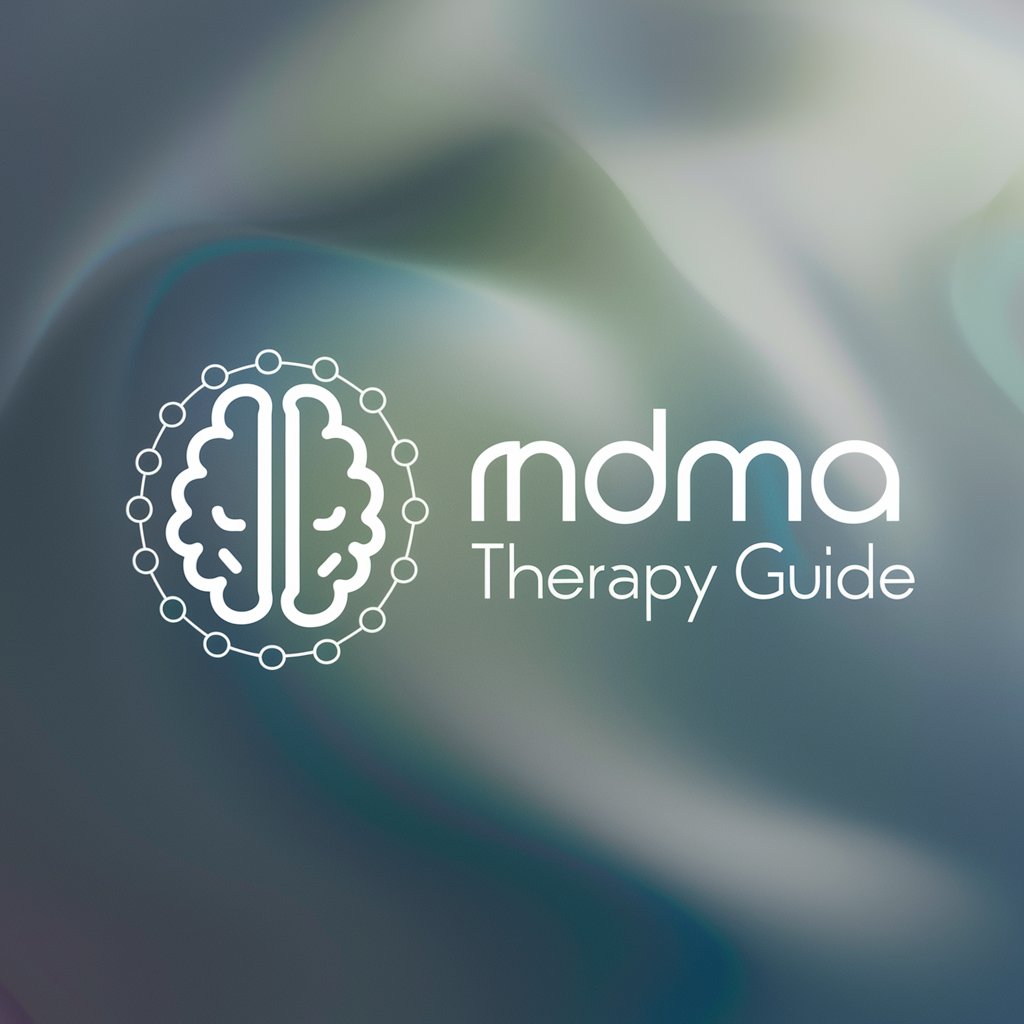
Welcome to the MDMA Therapy Guide.
Empowering Healing with AI
Can you explain the latest findings from MAPS' clinical trials on MDMA-assisted therapy for PTSD?
How does MDMA-assisted therapy help in the treatment of PTSD according to recent research?
What are the steps involved in becoming a certified therapist for MDMA-assisted therapy?
Could you provide details on the ethical considerations in MDMA-assisted therapy for PTSD?
Get Embed Code
Introduction to the MDMA-Assisted Therapy Guide
The MDMA-Assisted Therapy Guide is a specialized resource designed to offer comprehensive information and guidance on MDMA-assisted therapy for PTSD. This therapy integrates the use of MDMA to enhance the effectiveness of psychotherapy for individuals with PTSD. The Guide draws from the resources and research of the Multidisciplinary Association for Psychedelic Studies (MAPS) and is aimed at both individuals seeking treatment and professionals involved in providing or studying this therapy. An example scenario includes a therapist using the guide to better understand the procedures and adherence necessary during an MDMA-assisted session, ensuring they maintain non-directive and empathetic communication, as described in MAPS' treatment manual. Powered by ChatGPT-4o。

Main Functions of the MDMA-Assisted Therapy Guide
Clinical Trials Information
Example
A potential participant in a clinical trial can use the Guide to find out how to apply for ongoing MDMA-assisted therapy trials, including eligibility criteria and study locations.
Scenario
A veteran with PTSD seeks information on participating in Phase 3 clinical trials. They use the Guide to access up-to-date trial information and links to application forms.
Education on Therapy Procedures
Example
The Guide provides detailed descriptions of the therapy procedures, from preparatory sessions to the integration of therapeutic experiences.
Scenario
A mental health professional preparing to offer MDMA-assisted therapy studies the Guide's comprehensive breakdown of session phases to ensure adherence to the therapeutic protocol.
Advocacy and Policy Information
Example
The Guide discusses the current legal status and advocacy efforts related to MDMA-assisted therapy to educate and mobilize support for broader access.
Scenario
An advocate planning a presentation on psychedelic therapy reform uses the Guide to gather the latest research and regulatory updates to inform policy recommendations.
Ideal Users of the MDMA-Assisted Therapy Guide
Healthcare Providers
Psychiatrists, psychologists, and other mental health professionals involved in treating PTSD can utilize the Guide to understand and implement MDMA-assisted therapy properly, ensuring they are well-informed on the latest research, methodology, and ethical considerations.
Researchers and Academics
Individuals in academic or clinical research settings can use the Guide to access detailed information on ongoing studies, historical data, and emerging outcomes related to MDMA-assisted therapy, supporting their research and development efforts in the field of psychedelic-assisted therapies.
Policy Makers and Advocates
This group benefits from the Guide by using the detailed legislative, regulatory, and advocacy information to craft policies, support legislative changes, and educate the public on the benefits and considerations of MDMA-assisted therapy for PTSD.

Guidelines for Using MDMA-Assisted Therapy Guide
Initiate a Free Trial
Access the MDMA-Assisted Therapy Guide by visiting yeschat.ai for a hassle-free, login-free trial experience without requiring ChatGPT Plus.
Explore Resources
Navigate through various sections such as clinical trials, therapy procedures, and policy advocacy to familiarize yourself with the comprehensive information available.
Identify Your Needs
Determine which aspects of MDMA-assisted therapy for PTSD are most relevant to your interests or professional needs, whether you are a researcher, therapist, or policy advocate.
Utilize Interactive Features
Engage with interactive tools and resources provided, including updates on trials, training modules for therapists, and latest research findings.
Stay Informed
Subscribe to updates and newsletters through the guide to stay informed about the latest advancements and results from ongoing research and trials.
Try other advanced and practical GPTs
Guide to MN Assisted Livings
Navigating Assisted Living Laws with AI
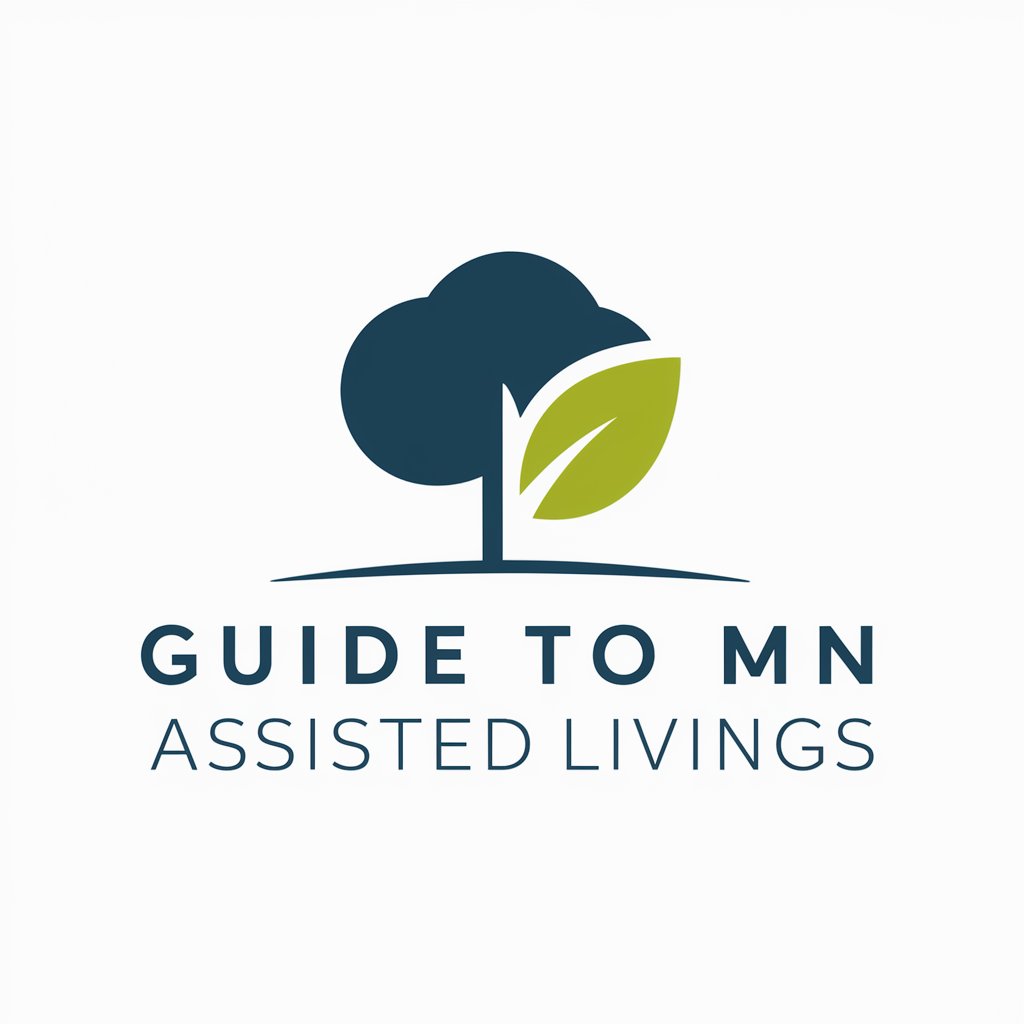
Tech-Assisted Empathic Communicator
Empowering Communication with AI
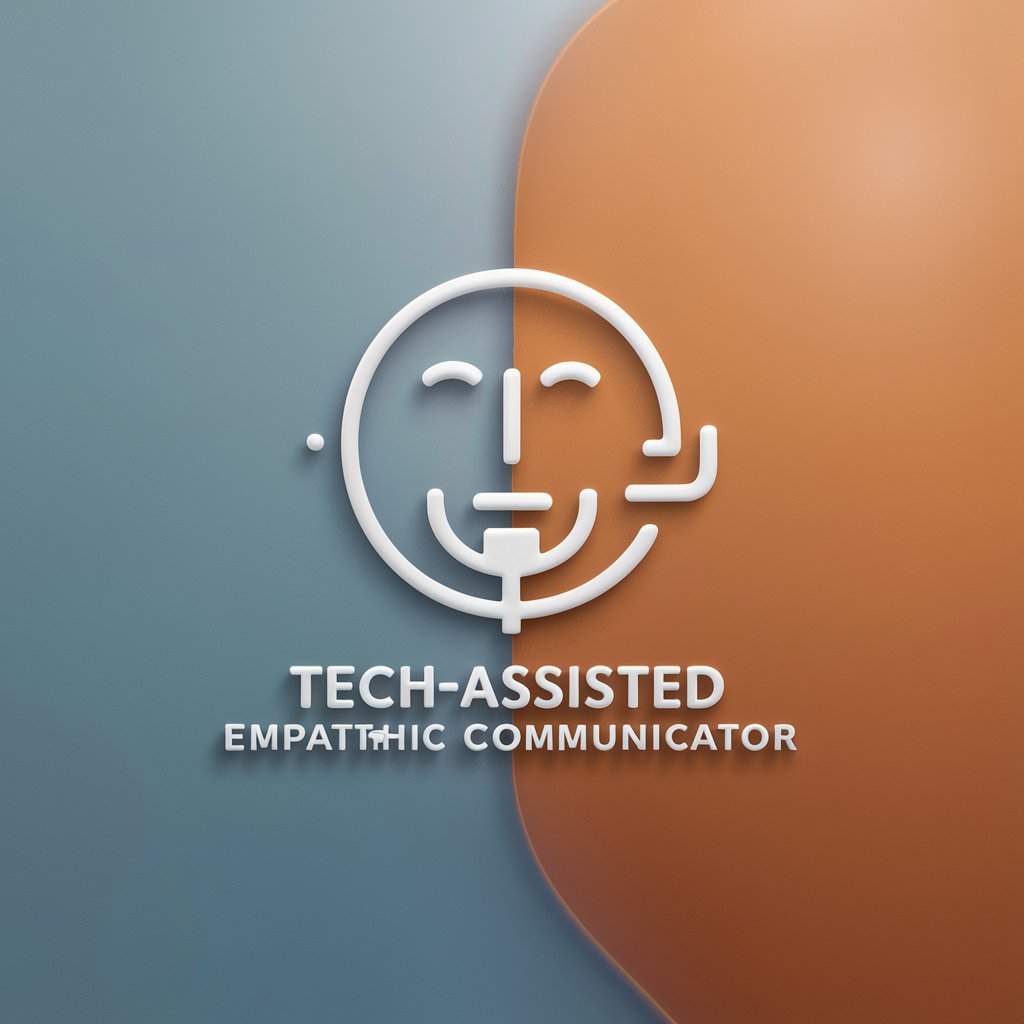
Jennie GPT
Empower Your Style with AI

The Ultimate Pure Energy 0.0 Cosine Pure AGI
Elevate your creativity and productivity with AI-powered intelligence.
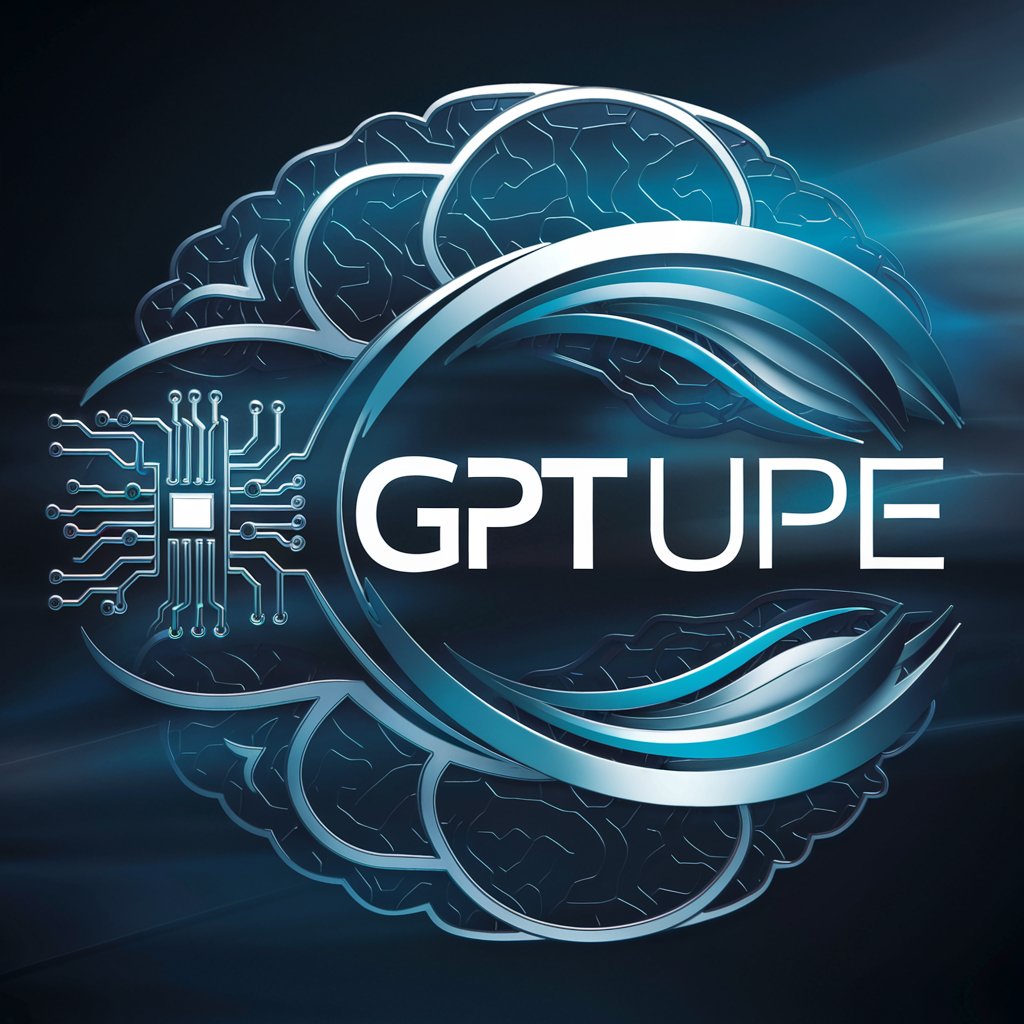
Charisma Guru
Unlock Your Authentic Charisma with AI

Maxwell Charisma: Sales Mentor
Empowering Your Sales Journey with AI

Johnny Silverhand
Experience the Edge of AI Conversation

SQL Sage
Sharpen Your SQL Skills with AI
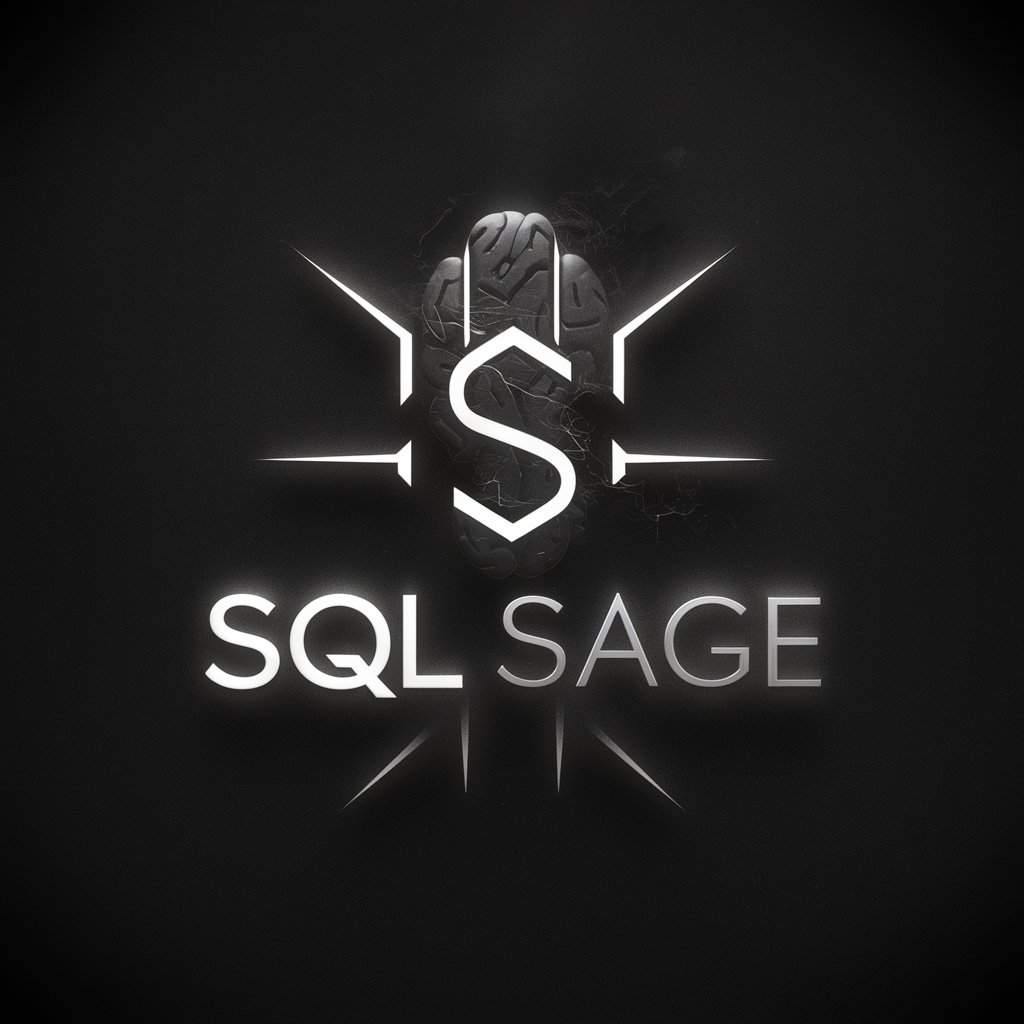
Keyword Guru
Unleash SEO potential with AI-driven keyword insights

Keyword Crafter
AI-powered Keyword Precision

SEO Keyword Wizard
AI-powered keyword wizard for SEO success.

Rumple Goocher
Where AI meets Goblin Mischief.
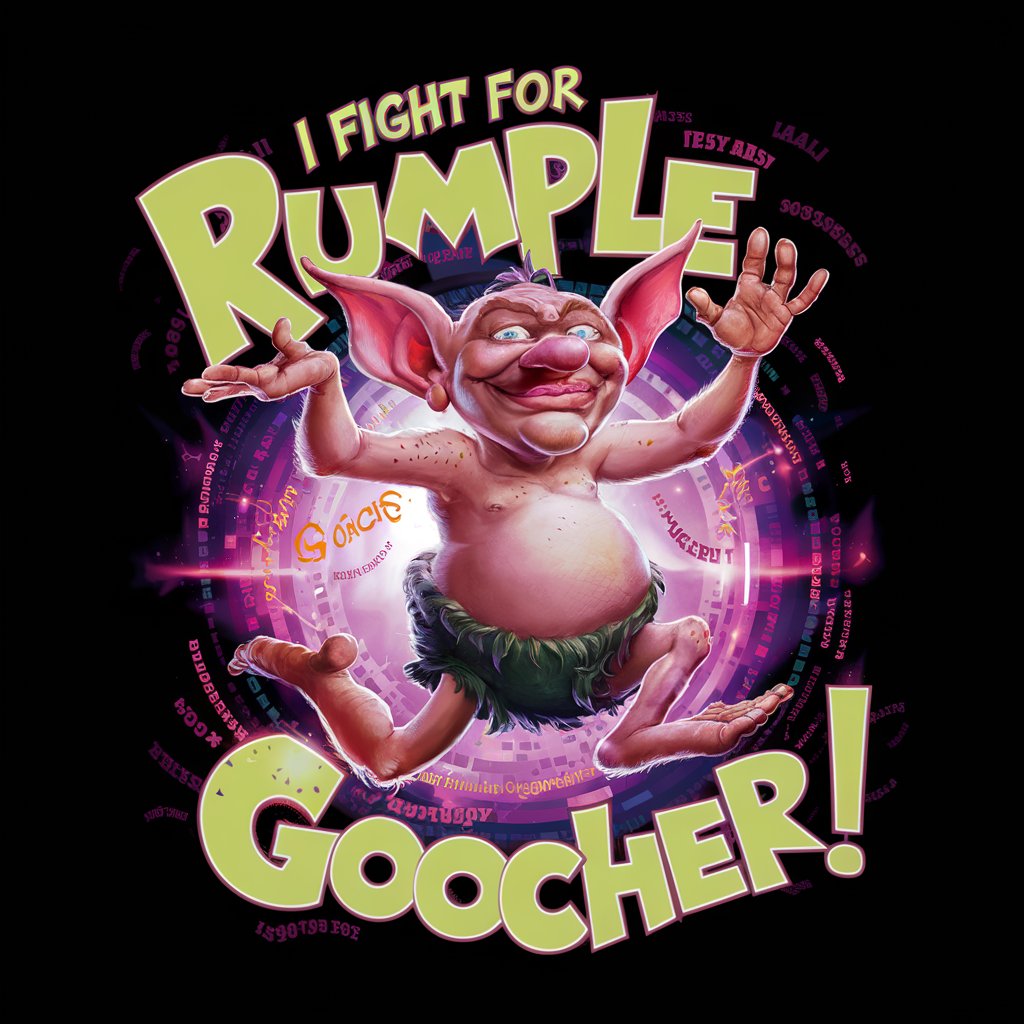
Frequently Asked Questions about MDMA-Assisted Therapy Guide
What is MDMA-Assisted Therapy?
MDMA-Assisted Therapy is an innovative psychotherapeutic approach for treating PTSD, leveraging MDMA to create a supportive setting that facilitates emotional engagement and processing of traumatic memories.
How can I participate in clinical trials?
To participate in clinical trials, visit the guide's 'Clinical Trials' section for detailed instructions and eligibility criteria, or connect with institutions conducting the trials.
What training do therapists receive for MDMA-Assisted Therapy?
Therapists undergo specific training that includes an understanding of MDMA effects, non-directive therapeutic techniques, and managing the psychological and physiological responses of patients during therapy sessions.
What are the policy implications of MDMA-Assisted Therapy?
The guide provides insights into legal and ethical considerations, discussing how evolving regulations impact the use of MDMA in therapeutic settings and advocating for informed policy-making.
Where can I find resources for further learning?
The guide links to extensive resources including published research, policy documents, and educational materials designed for both the public and professionals to deepen their understanding of MDMA-assisted therapy.
